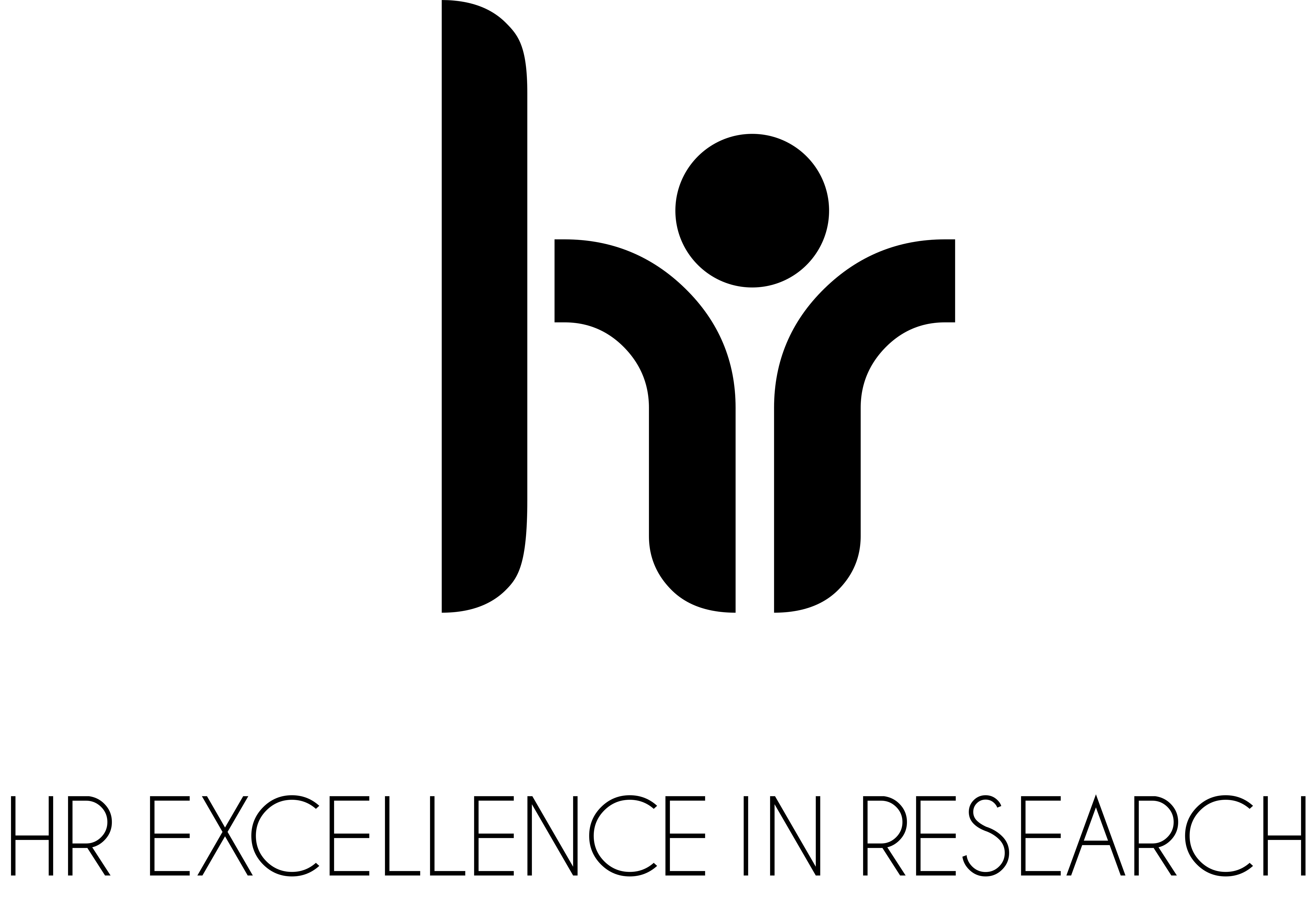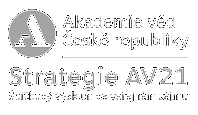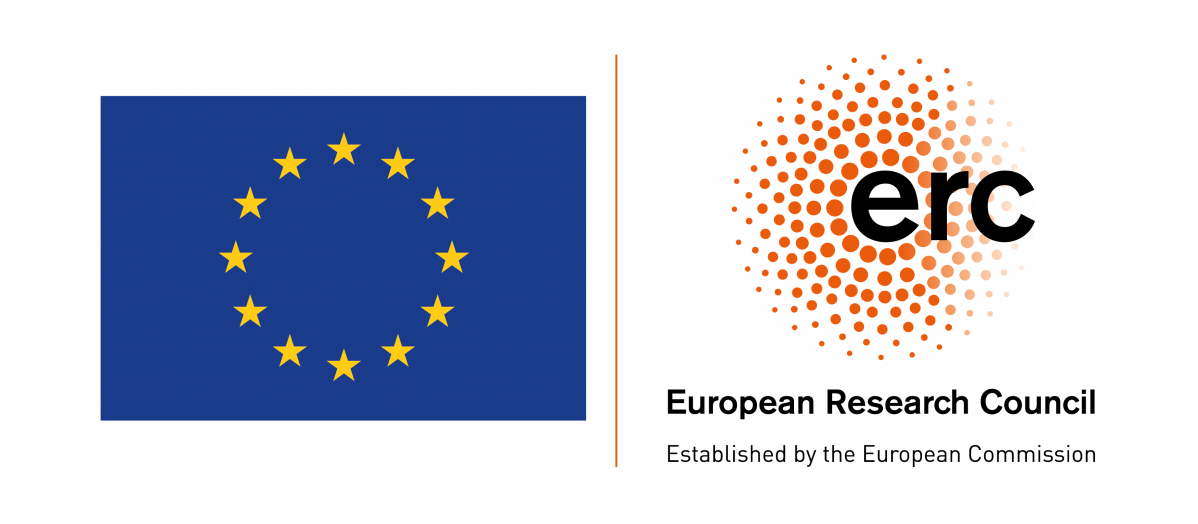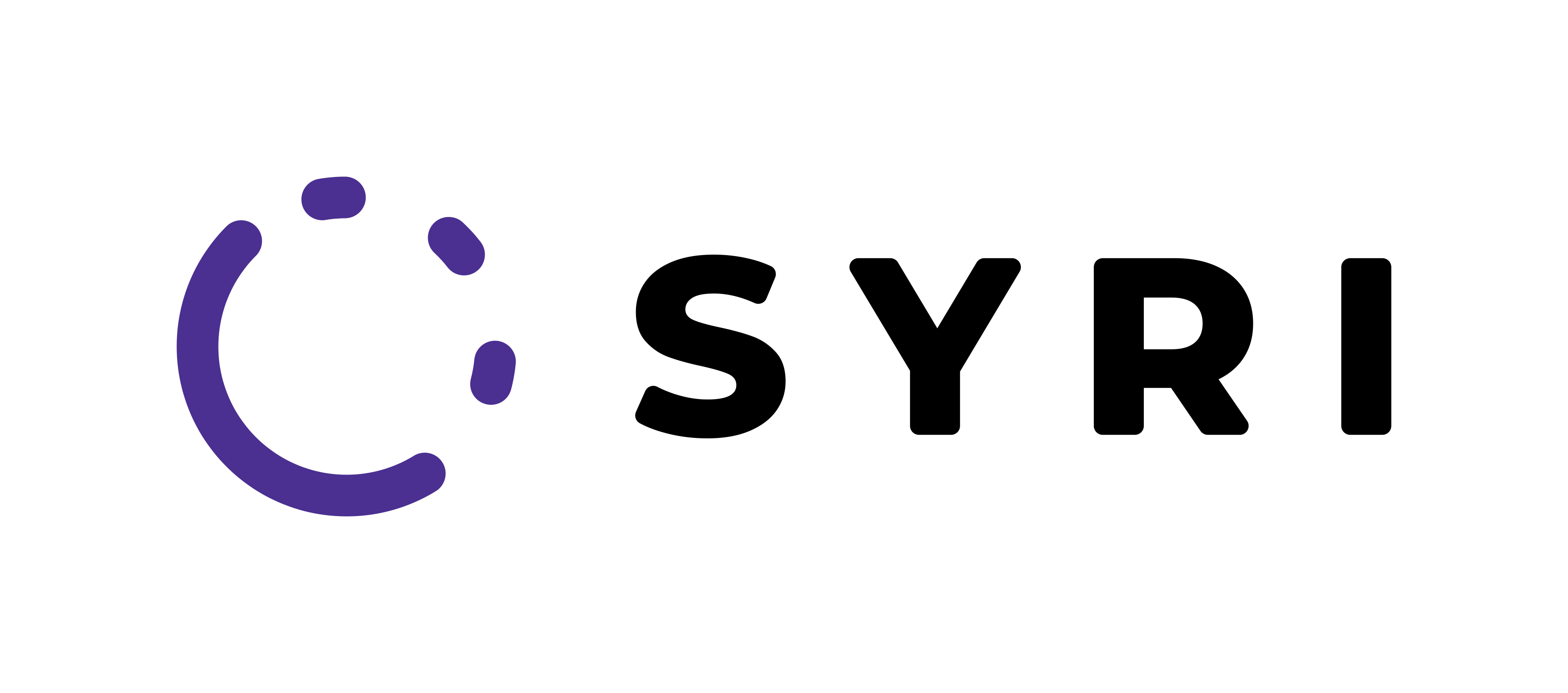Ethics Committee
Basic information about the Ethics Committee of the Institute of Philosophy of the Czech Academy of Sciences (FLU AVCR)
Following the FLU Code of Ethics, the Ethics Committee of the Institute was established in spring 2023 as an independent permanent advisory body to the FLU Director and the Institute Council.
The Ethics Committee is composed of: Lucie Storchová (Chair), Pavlína Cermanová, Petr Urban (internal members), Lenka Vostrá, Petr Sláma (external members).
The secretary of the commission is Petra Zákostelecká.
More detailed information on the appointment of members of the Ethics Committee, their term of office, rights and duties can be found in the Rules of Procedure of the Ethics Committee of the FLU.
Contacts and how to submit a complaint to the Ethics Committee
Notifications to the Ethics Committee may be submitted in paper or electronic form. Paper submissions can be submitted to the FLU Registry (addressed to the Secretary); for electronic communication, the following e-mail address has been established: This email address is being protected from spambots. You need JavaScript enabled to view it..
More detailed information on procedures for dealing with complaints, including the timeframe, competences of the Ethics Committee and subjects concerned, as well as the publication of the conclusions can be found in the Rules of Procedure of the Ethics Committee of the FLU.
Examples of areas that may be the subject of a possible complaint (in relation to the FLU Code of Ethics)
For all Institute Staff
- Unequal treatment in the workplace (disadvantage at work of persons because of their age, disability, gender, sexuality, ethnic origin, nationality or religion, as well as other characteristics unrelated to their work performance).
- Degrading behaviour (bullying, intimidation, manipulative behaviour, spreading rumours, sexual harassment or other forms of attack on personal dignity).
- Disrespect for the work of others.
- Providing deliberately false or purposefully misrepresented information in connection with work performance.
For researchers
Freedom of research
- Violation of freedom of inquiry.
Ethical aspects of scientific work
- Unethical conduct related to research outputs (e.g. self-serving increase in research output or citations, publishing in journals and publishing houses that do not meet academic publishing standards).
- Violation of ethical standards of presentation of results and public speaking.
- Violation of the ethics of research which involves human subjects.
Authorship and evaluation of the work of others
- Disrespect for authorship (appropriation of results of others' work, plagiarism, etc.).
- Conflict of interest in peer reviews and other areas of academic work.
Performance of functions and Institute infrastructure
- Failure to fulfil duties, exceeding competences or non-transparent conduct in connection with the function performance entrusted to researchers.
- Use of infrastructure and affiliation to the FLU for purposes which are not in harmony with the mission of the Institute.
Code of Ethics of the Institute of Philosophy of the Czech Academy of Sciences
The Institute of Philosophy of the Czech Academy of Sciences, is, in virtue of being one of the institutes of the Czech Academy of Sciences, governed by legislation of the Czech Republic and other measures and directives which apply to the Czech Academy of Sciences and its parts, in particular Act no. 283/1992 Coll. on the Czech Academy of Sciences, Act no. 341/2005 Coll. on public research institutions, Statutes of the Czech Academy of Sciences, and the Code of Ethics for Researchers of the Czech Academy of Sciences. The Code of Ethics of the Institute of Philosophy of the Czech Academy of Sciences follows up on these norms and further develops them. It defines a set of ethical norms which are mandatory for the Institute of Philosophy and its employees. The Institute of Philosophy as an employer takes it upon itself to create working conditions that will support implementation and realisation of this Code of Ethics.
The Code of Ethics takes three sources as its starting points: (I) general ethical norms; (II) demands linked to the specific nature of research activities; (III) responsibility of a public research institution towards the general public.
Basic information about the Ethics Committee of the Institute of Philosophy of the Czech Academy of Sciences (FLU AVCR)
Following the FLU Code of Ethics, the Ethics Committee of the Institute was established in spring 2023 as an independent permanent advisory body to the FLU Director and the Institute Council.
The Ethics Committee is composed of: Lucie Storchová (Chair), Pavlína Cermanová, Petr Urban (internal members), Lenka Vostrá, Petr Sláma (external members).
The secretary of the commission is Petra Zákostelecká.
More detailed information on the appointment of members of the Ethics Committee, their term of office, rights and duties can be found in the Rules of Procedure of the Ethics Committee of the FLU.
Contacts and how to submit a complaint to the Ethics Committee
Notifications to the Ethics Committee may be submitted in paper or electronic form. Paper submissions can be submitted to the FLU Registry (addressed to the Secretary); for electronic communication, the following e-mail address has been established: This email address is being protected from spambots. You need JavaScript enabled to view it..
More detailed information on procedures for dealing with complaints, including the timeframe, competences of the Ethics Committee and subjects concerned, as well as the publication of the conclusions can be found in the Rules of Procedure of the Ethics Committee of the FLU.
Examples of areas that may be the subject of a possible complaint (in relation to the FLU Code of Ethics)
For all Institute Staff
- Unequal treatment in the workplace (disadvantage at work of persons because of their age, disability, gender, sexuality, ethnic origin, nationality or religion, as well as other characteristics unrelated to their work performance).
- Degrading behaviour (bullying, intimidation, manipulative behaviour, spreading rumours, sexual harassment or other forms of attack on personal dignity).
- Disrespect for the work of others.
- Providing deliberately false or purposefully misrepresented information in connection with work performance.
For researchers
Freedom of research
- Violation of freedom of inquiry.
Ethical aspects of scientific work
- Unethical conduct related to research outputs (e.g. self-serving increase in research output or citations, publishing in journals and publishing houses that do not meet academic publishing standards).
- Violation of ethical standards of presentation of results and public speaking.
- Violation of the ethics of research which involves human subjects.
Authorship and evaluation of the work of others
- Disrespect for authorship (appropriation of results of others' work, plagiarism, etc.).
- Conflict of interest in peer reviews and other areas of academic work.
Performance of functions and Institute infrastructure
- Failure to fulfil duties, exceeding competences or non-transparent conduct in connection with the function performance entrusted to researchers.
- Use of infrastructure and affiliation to the FLU for purposes which are not in harmony with the mission of the Institute.
Code of Ethics of the Institute of Philosophy of the Czech Academy of Sciences
The Institute of Philosophy of the Czech Academy of Sciences, is, in virtue of being one of the institutes of the Czech Academy of Sciences, governed by legislation of the Czech Republic and other measures and directives which apply to the Czech Academy of Sciences and its parts, in particular Act no. 283/1992 Coll. on the Czech Academy of Sciences, Act no. 341/2005 Coll. on public research institutions, Statutes of the Czech Academy of Sciences, and the Code of Ethics for Researchers of the Czech Academy of Sciences. The Code of Ethics of the Institute of Philosophy of the Czech Academy of Sciences follows up on these norms and further develops them. It defines a set of ethical norms which are mandatory for the Institute of Philosophy and its employees. The Institute of Philosophy as an employer takes it upon itself to create working conditions that will support implementation and realisation of this Code of Ethics.
The Code of Ethics takes three sources as its starting points: (I) general ethical norms; (II) demands linked to the specific nature of research activities; (III) responsibility of a public research institution towards the general public.






